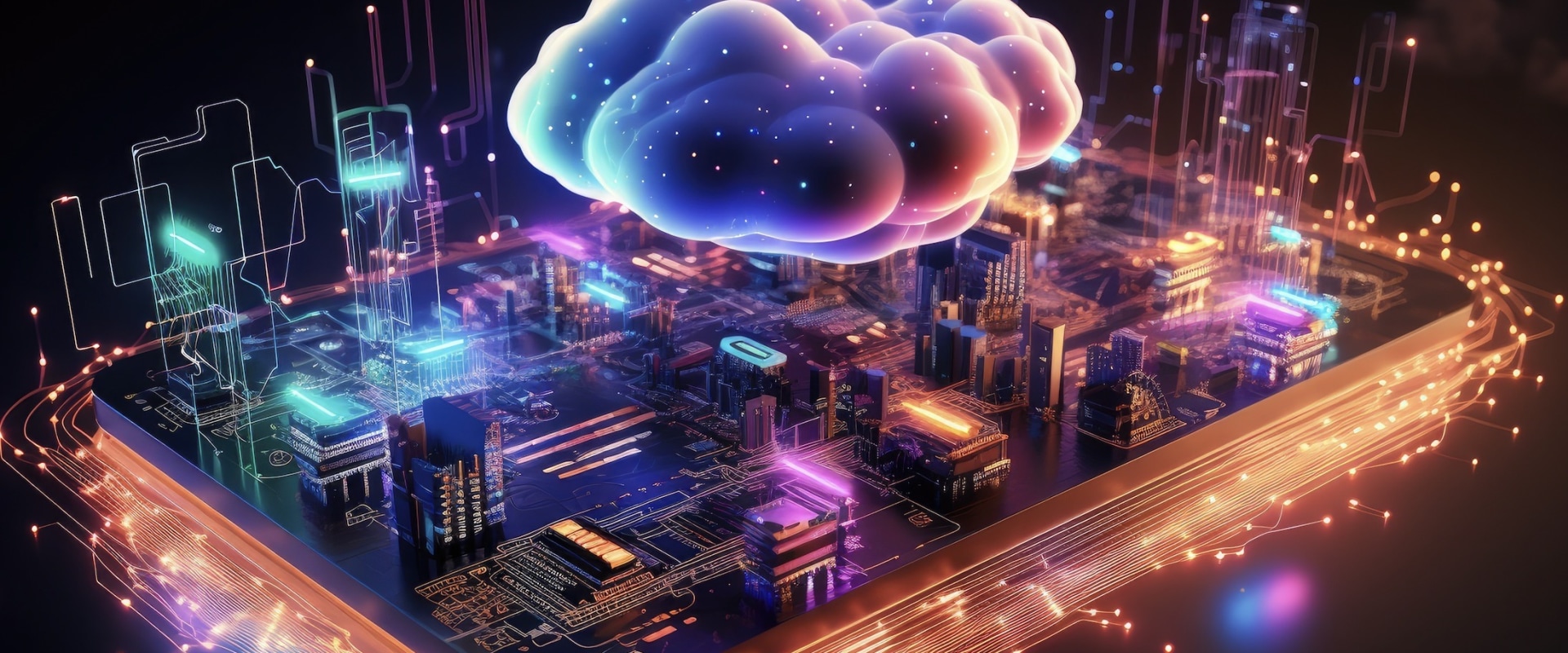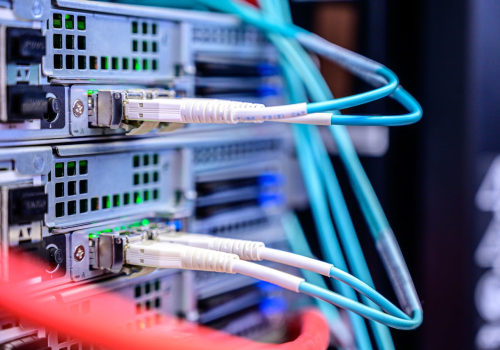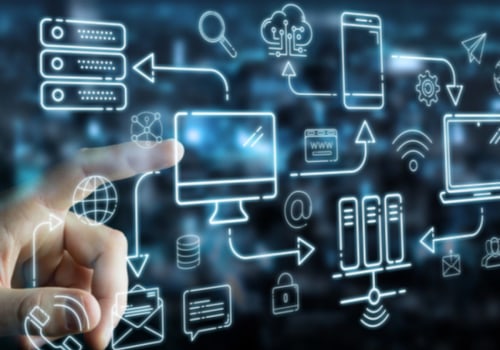The world of technology is constantly evolving, and one of the most significant advancements in recent years has been the integration of networking and mobile computing. These two fields have revolutionized the way we communicate, work, and access information. As an expert in this field, I have witnessed firsthand the impact of this integration and am excited to share my insights on the future of networking and mobile computing.
The Rise of Networking and Mobile Computing
Before we delve into the future, let's take a moment to understand how networking and mobile computing have become so intertwined. The rise of smartphones and other mobile devices has led to an exponential increase in data usage.This has put immense pressure on traditional networks, which were not designed to handle such high volumes of data. This is where networking comes into play. With the development of advanced networking technologies such as 5G, we now have the capability to support faster data speeds, lower latency, and increased bandwidth. This has paved the way for mobile computing, which refers to the use of mobile devices to access and process data from anywhere at any time. The integration of networking and mobile computing has not only transformed our personal lives but has also had a significant impact on businesses. With the rise of remote work and virtual collaboration, organizations are increasingly relying on networking and mobile computing to stay connected and productive.
The Future of Networking
The future of networking is undoubtedly exciting.As we continue to generate massive amounts of data, there will be a growing demand for faster and more efficient networks. This is where technologies like 5G, software-defined networking (SDN), and network function virtualization (NFV) will play a crucial role.5G, the fifth generation of wireless technology, is set to revolutionize networking by providing faster data speeds, lower latency, and increased capacity. This will enable the development of new applications and services that were previously not possible. For instance, 5G will be crucial for the widespread adoption of technologies like virtual reality (VR) and augmented reality (AR).SDN and NFV are also expected to have a significant impact on networking.
These technologies allow for more flexible and agile networks by separating the control plane from the data plane. This means that network administrators can manage and configure networks more efficiently, leading to improved performance and cost savings.
The Future of Mobile Computing
The future of mobile computing is closely tied to the development of networking. As networks become faster and more reliable, we can expect to see a surge in mobile applications and services. This will not only benefit individuals but also businesses that rely on mobile devices for their operations. One of the most significant advancements in mobile computing is the Internet of Things (IoT).IoT refers to the interconnection of everyday devices through the internet, allowing them to collect and exchange data. With the help of networking, these devices can communicate with each other in real-time, leading to improved efficiency and automation. The future of mobile computing also holds great potential for artificial intelligence (AI) and machine learning (ML). As mobile devices become more powerful, they will be able to process and analyze data locally, without the need for a constant internet connection. This will pave the way for more intelligent and personalized mobile applications.
The Impact on Society
The integration of networking and mobile computing has already had a profound impact on society, and this trend is expected to continue in the future.With faster and more reliable networks, we can expect to see a surge in remote work, e-learning, and telemedicine. This will not only improve accessibility but also reduce our carbon footprint by reducing the need for physical travel. However, there are also concerns about the impact of networking and mobile computing on privacy and security. As we become increasingly reliant on these technologies, it is crucial to ensure that proper measures are in place to protect sensitive data.
The Bottom Line
The future of networking and mobile computing is undoubtedly bright. As we continue to push the boundaries of technology, we can expect to see even more integration between these two fields.This will lead to faster, more efficient, and more connected societies. As an expert in this field, I am excited to see how networking and mobile computing will continue to shape our world in the years to come. It is crucial for businesses and individuals alike to stay updated on these advancements and adapt accordingly to stay ahead of the curve.







